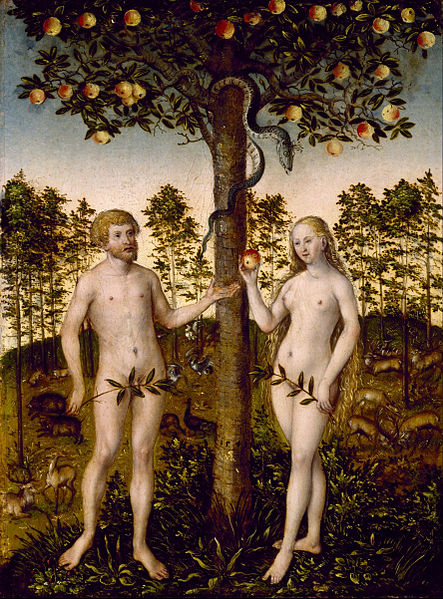Note that your final mark will not be saved in the system.
Themes, Ideas and Messages Typeit
Type the correct answers into the spaces. Fill all the spaces before clicking ‘Check Answers!’

In Lord of the Flies William Golding adapts the biblical event of to the setting of a deserted island. Simultaneously, the novel explores ideas about the establishment of and why the patience and efforts required may lead it to fail.
The first idea owes much to Milton's Paradise Lost, with the slaughter of the sow the act of sin and the boys being fallen angels, the island representing . The fact that Golding elected to make the boys choirboys also suggests this religious interpretation. In addition, the fact that young choirboys prove capable of savagery illustrates the novel's central theme of nature versus . Golding's text seems to indicate that goodness and evil are natural qualities, on account of the character of Simon attempting to work for the common good and resisting the hysterical violence that engulfs the others to varying degrees.
Once Simon understands the truth about the boys' situation, he is unable to share it with the others before they beat him to death in a frenzy, an event that relates directly to the novel's ideas on democracy and the theme of the dangers of rule. The imagined danger posed by the allows the boys to justify their hunting in packs and increased violence as means of self-preservation. The mob mentality is summarised in the boys' use of clay warpaint to erase their and allow them the illusion of denying for the increasingly savage violence.
The failure to build an ordered society also conjoins with another of the novel's themes, which is . The fictional world war that provides the wider backdrop to the novel's action places the boys' conduct in a broader context: for example, Ralph comes to understand the chilling fact that morality has a value when human survival is at stake. This realisation informs another of the novel's themes, that of human from order and reason to instinct and savagery. A means of tracing this descent throughout the novel is the change in the content of the boys' from childish entertainment to wanton cruelty. These games are finally brought to an end by the re-emergence of authority with the arrival of the naval officer.